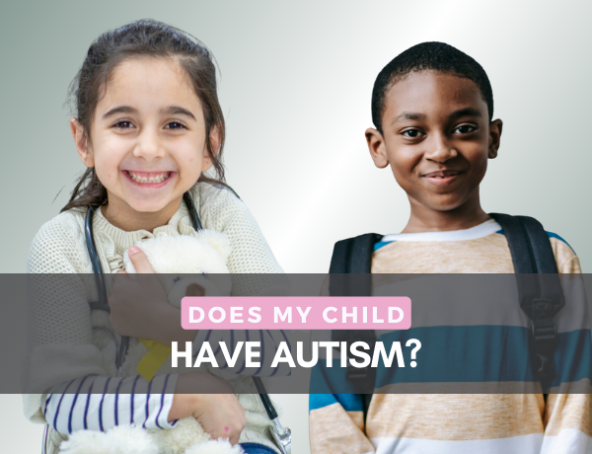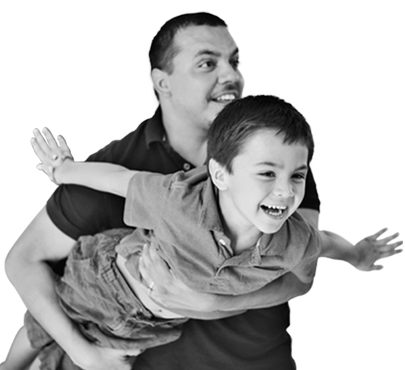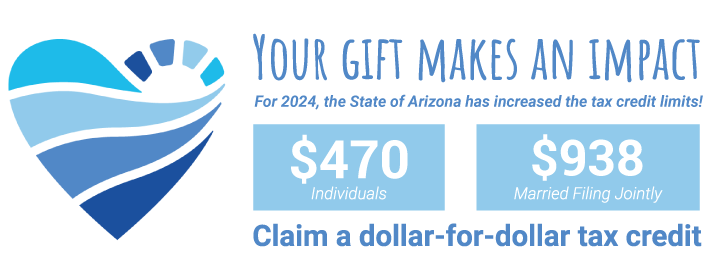Does My Child Have Autism?

How to Know if Your Child Has Autism
If you are reading this blog, chances are you have concerns about your child. As you review the information below, keep in mind that help is just a phone call (or an email) away. AZA United's Family Support Team is here to help every family with any question, at any step in your journey. No matter what you are going through, you are not alone. We are here for you!
Understanding the Signs
There are many ways to raise a child, but all parents share a common wish that their children are healthy and have bright futures. What no parent wants for their child is a difficult life. With the prevalence of autism so high—the current estimates are that 1 in 54 children have an autism spectrum disorder (ASD)—it is certainly understandable to wonder if your child is on the spectrum when you notice anything unusual in their development. Of course, children develop at different rates, so just because your child doesn’t communicate or socially interact on the same level as their peers doesn’t necessarily mean your child is on the spectrum. Every child is unique, and autism is a complex neurodevelopmental condition that affects each person differently.
Key Warning Signs of Autism Spectrum Disorder
ASD can look quite different depending on the individual, but there are some common signs that support a diagnosis. These characteristics have to do with the areas of social communication impairment, difficulties with social interactions, restricted interests and repetitive behaviors. However, keep in mind that children who do not have autism can also have some of these behaviors, so it is important not to rush to conclusions before you consult a professional. As you observe your child's mannerisms, consider the behaviors that fall under these two categories:
Social Communication and Interaction Skills
For many parents, the first signs that causes concern are when their child is not developing speech and language skills or expressing interest in interacting with others. Many young children have delayed speech without autism, but there are other forms of social communication and interaction that may indicate signs of autism. A child with autism may use few or no communicative gestures (such as head shaking), may may not respond to others’ attempts to interact with them despite adequate hearing, or could display a blank expression even during emotionally-charged situations. A child may also rarely approach others to share their interests or enjoyment, prefer to play alone even when others show interest in playing with them, or demonstrate a lack of imaginative play skills. A few other signs may include:
- Not turning to the sound of their parent's voice
- Not responding to their name
- Not looking people in the eye
- Not babbling or pointing by age one
- Delays in reciprocal play and engagement
- Does not seek out same-aged peers
- Does not smile or respond to social cues from others
- Does not follow along with other children in social routines and activities
Restricted or repetitive interests and behaviors (RRBs)
In addition to impairments in social communication and interaction skills, individuals with autism display behaviors that may further exacerbate social difficulties. Behaviors that involve repeating certain actions, such as waving hands or arms or using an object over and over again in the same specific way, are commonly referred to as repetitive behaviors. Another behavioral symptom is referred to as rigidity, which can include becoming unusually upset or distraught over minor changes in their environment or daily routine. You may also observe your child insisting on following strict, self-imposed routines. Some children develop unusually strong interests in very specific objects or conversational topics and may be unwilling or uninterested in talking about anything else. Other children experience sensory-seeking behaviors and/or aversions to certain sensory stimuli. A few other signs may include:
- Repeating specific motions (rocking, spinning, hand-flapping)
- Repeating words or phrases that were said to them (echolalia)
- Scripting words or phrases that they have heard in the past, such as in a movie or in a specific situation
- Getting upset by transitions or tasks done in a different order than expected
- Fixation on unusual objects
- Auditory aversion to loud noises and/or tactile aversion to certain clothing textures
- Visual interest in looking at objects from different angles
Early Intervention and Other Effective Treatments
It is not easy for parents to learn that their child might have autism. Even if you have concerns about your child’s development, it’s natural to wonder if they’re simply a late bloomer. It’s not unusual for concerned parents and caregivers to spend hours searching online to figure out what’s happening with their child. It is good to be vigilant, but correctly diagnosing ASD is complicated. It's crucial to know the warning signs so that you can determine if you should seek a professional opinion from a qualified and experienced diagnostician. If your child is on the spectrum, keep in mind that an official diagnosis is more than a label. It is a gateway to getting your child help, as the diagnosis is often required by various healthcare systems to gain access to treatments and therapies. The AZA United Family Support Team can help you through this process if you have questions.
Autism has been a big topic of research for a long time, but there are still so many areas where scientists don’t have answers. We don’t exactly know what causes autism or why rates have increased so much over the past two decades. However, we do have a good idea of what helps children make gains and reach their potential. Research has repeatedly shown that early intervention and intensive behavioral therapy can significantly improve long-term outcomes and quality of life for individuals with ASD.
Autism symptoms often surface between the ages of 12 and 24 months, although it is not uncommon for children to be diagnosed later than this. Since a child’s brain is still forming at this age, early intervention can make a huge difference. At the same time, even if your child is older, it is well worth seeking treatment services. Well-designed behavioral interventions and high-quality therapy programs can still have huge benefits for a child of any age.
One of the most effective treatments available for autism is Applied Behavior Analysis, also known as ABA Therapy. A licensed clinician known as a Board Certified Behavior Analyst (BCBA) oversees this type of treatment program, which can include as much as 40 hours per week of individualized therapy. Behavior analysts specialize in reducing challenging behavior and teaching a wide variety of complex functional life skills. ABA programs break down learning goals into very small steps that are manageable and easy to practice. A team of ABA therapists implements activities that teach important concepts and provide lots of positive reinforcement to keep the child motivated. Parents and family members receive ongoing training and individualized guidance to provide consistency in the child's daily environment. The ABA team closely tracks each learning objective with detailed data to ensure each teaching strategy is working and the child is accomplishing their goals. Through these methods, ABA can change the course of a child’s development and open a world of opportunities for learning and community participation.
There are various other treatments that parents may find helpful for their child, including speech therapy and occupational therapy. These treatments are much less intensive but can help focus on specialized areas of need, such and language development and sensory challenges. Ideally, all treatment providers are working together to provide interdisciplinary care for the family, with everyone aligned around similar goals for the child. This coordinated approach is how AZA United develops individualized programs and services for families.
Intervention and Support
If you suspect your child has autism, or your child has ASD and is living in Arizona, Arizona Autism United can provide services and resources to help.
As a nonprofit community-based organization, we offer a wide variety of supports, services, and programs for individuals, families, schools, and the community. Our team of experienced clinicians works in partnership with parents to help children progress toward their goals and each family’s personal priorities. We also offer a Mental Health Counseling program to support individuals, families and couples seeking therapeutic support.
Receiving an autism diagnosis is a challenging experience for any parent or a caregiver to receive, but it certainly does not mean anything is "wrong" with your child. Everyone is different, everyone has gifts to offer, and all that matters is helping each child reach their potential. Receiving individualized interventions and supports at any stage of the journey is the key to helping each person achieve their definition of success.
Contact our Family Support Team if you would like to learn how to get started with the Diagnosis Process or any other programs and services that we offer. Our Family Support Team is always available to help and is available at no charge to all members of the autism and developmental disability community. Schedule a free phone appointment that works with your schedule by visiting azaunited.org/supportcall
You may also be interested in:
For more helpful resources and information, follow AZA United on social media:






